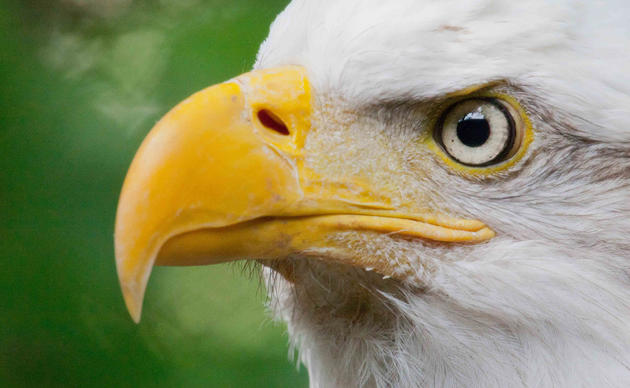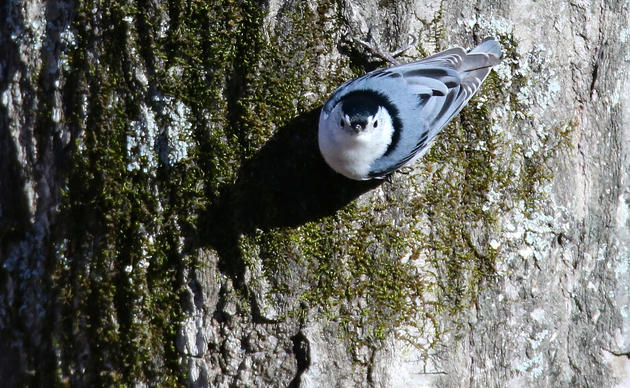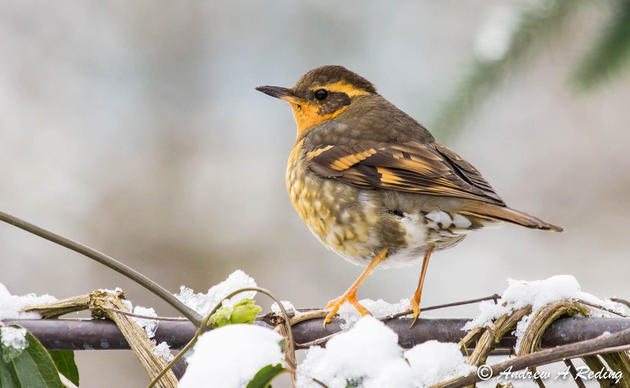Many of the places that serve as critical bird habitat also have the potential to absorb greenhouse gases and store carbon, otherwise known as natural climate solutions. These forests, grasslands, coastal ecosystems, and other landscapes can also help protect drinking water sources, make food systems more resilient, and reduce climate risks like flooding, drought, and extreme heat. That is why Audubon is working to conserve and maintain lands and waters across the Americas to combat the climate and biodiversity crises.
Investing in the integrity and resilience of farms, fields, wetlands, and other key ecosystems and the landowners and communities that steward them will help us achieve this goal.
In 2020, we helped pass first-in-the-nation legislation, creating the Sustainable Farm and Fields program (SFF), which incentivizes natural climate solutions and emissions reductions on Washington farmlands.
This program builds on the state’s history of successful conservation grant programs like the Washington Wildlife and Recreation Program. To date, it has provided over $33M to farmers to voluntarily adopt more carbon-friendly practices, and it also has the potential to help farmers become producers and suppliers of the clean fuels Washington needs to reach its emissions goals.
By working collaboratively with farmers and ranchers to reduce greenhouse gas emissions from the agricultural sector, the state of Washington can grow rural economies, strengthen its farming economy, and take a meaningful step to address climate change. Audubon Washington is also expanding the Audubon Conservation Ranching (ACR) program to Washington. ACR works to stabilize declining grassland bird populations in partnership with farmers and ranchers. We’re bringing this proven program to Washington’s shrubsteppe ecosystem to enhance ecosystem function and promote practices that sequester carbon dioxide.
Audubon Washington also supports the state's Climate Commitment Act (CCA), which provides millions of dollars for projects – in coastal, forest, and shrub-steppe ecosystems – for projects that sequester carbon and promote habitat resilience.



